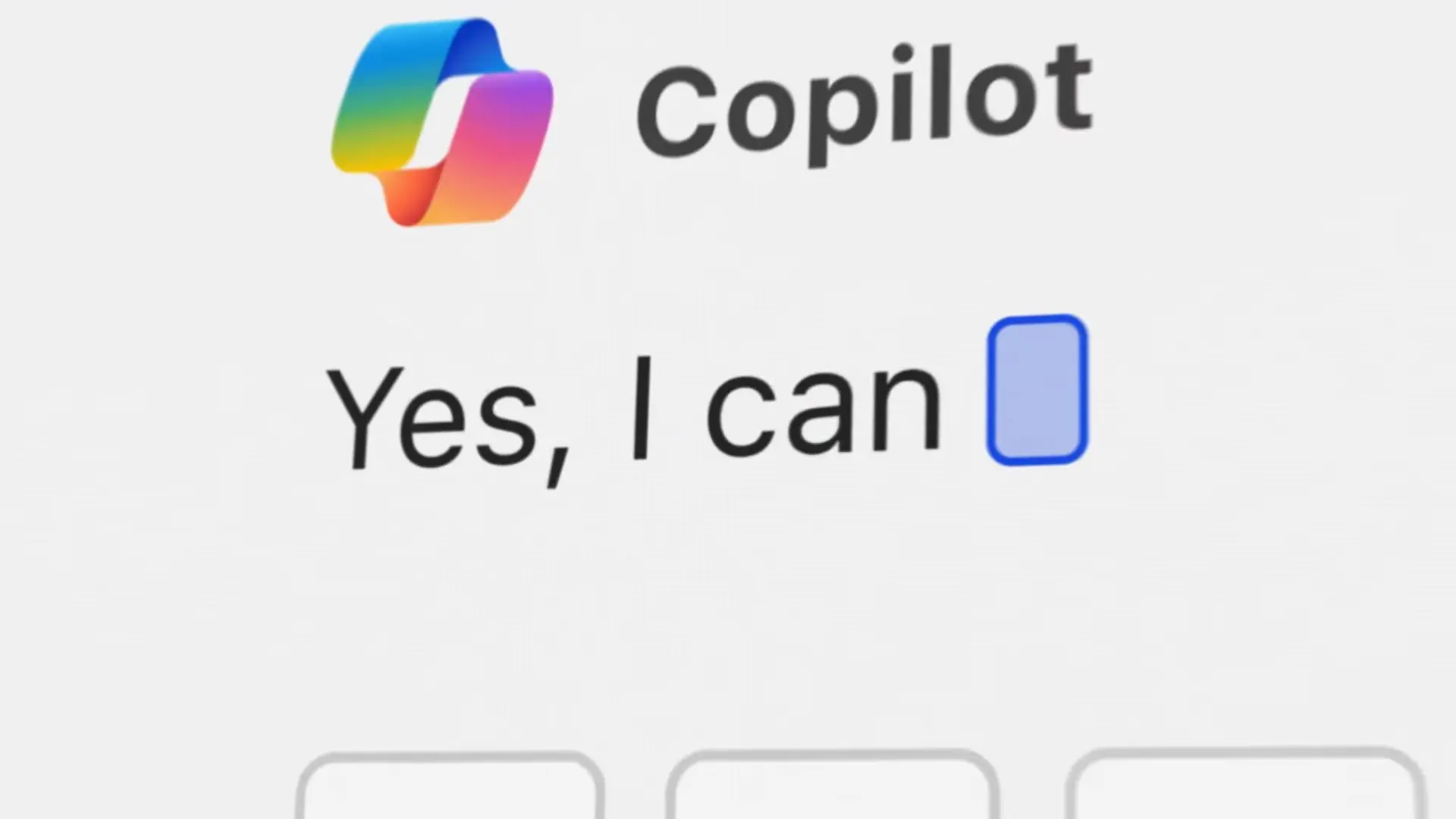German journalist Martin Bernklau typed his name and location into Microsoft’s Copilot to see how his culture blog articles would be picked up by the chatbot, according to German public broadcaster SWR.
The answers shocked Bernklau. Copilot falsely claimed Bernklau had been charged with and convicted of child abuse and exploiting dependents. It also claimed that he had been involved in a dramatic escape from a psychiatric hospital and had exploited grieving women as an unethical mortician.
…
Bernklau believes the false claims may stem from his decades of court reporting in Tübingen on abuse, violence, and fraud cases. The AI seems to have combined this online information and mistakenly cast the journalist as a perpetrator.
Microsoft attempted to remove the false entries but only succeeded temporarily. They reappeared after a few days, SWR reports. The company’s terms of service disclaim liability for generated responses.
…



Oh this is going to be good.
I really hope he sues them and establishes case law that companies are 100% responsible for all AI generated content. If we let them get away with this it’s only going to get worse from here.
I’m fairly certain something like that has already happened with Canadian Airlines. A person asked about bereavement travel and the AI chat bot claimed one thing and the company refused to honor it. IIRC, the court said the company had to abide by what the chatbot said.
Here’s the story.
The actual monetary loss to Air Canada (known affectionately as Fuckstick Flights Inc.) was insignificant, but the PR was bad.
Then again, I can’t remember the last time AC had positive press. Before that they forced a guy with cerebral palsy to drag himself off the plane.
JFC. They literally stood there while he struggled. What the actual fuck?
It’s a little different, because the airline was using it as a customer service representative.
I am so, so looking forward to the legal quagmire that is pretty much anything involving AI.
Within the context it’s presented I 100% agree with this. The airline case the AI was basically replacing a human agent/representative, so they were liable in the same way as if a human had provided the misinformation.
In this case, it’s presenting details as fact as if they’d come from legit news sources etc. They should face the same penalty as a news agency would be libel.
Now if it’s just an AI NPC in a game going a bit off the rails, that’s just entertainment. So long as nobody gets to pull the “we’re not really news, just entertainment” bullshit.
I mean, if I could think of anywhere I would least like to pull that kind of nonsense it’d be Germany.
You hope that will be the legal standard? I fear it.
Why? What possible downside is there in holding companies accountable for what they produce?
deleted by creator
Existing law already covers that. Libel/slander only applies in cases that it appears you’re making a statement of fact. I can for instance say Trump gargles Putin’s balls once a month and as long as it’s clear from the context that this isn’t intended to be a statement of fact then it doesn’t qualify as defamation. Companies should be liable for what their AI outputs in the exact same way they’re liable for what their employees produce. If they want to not be held liable then they need to make sure their customers are properly informed that what they’re viewing might be complete bullshit. This means prominent notifications not a single line buried in paragraph 84 of their EULA.
deleted by creator
quite frankly because I have hardly ever seen governments regulating technology having good results; we should mostly be allowed to experiment with technology without governments telling us how to do it, this is how we make human progress
The guy who wrote https://www.eff.org/cyberspace-independence didn’t know about large language models yet but his thoughts apply to them too tbh.
In the common law system (which Germany is not) this is already actionable by defamation torts. It’s no different from you installing faulty wiring and burning your neighbor’s house down. If you cause damages, you pay for them. Something being digital isn’t a magic externality that makes you not responsible.
Lol so fortune cookie companies are liable for fortunes now?
Get real.
If a fortune cookie company was printing inciteful and defamatory fortunes, then yes, they would be responsible for those.
If they said “these fortunes are real and will come true” they would be liable for fraud.
Microsoft’s argument that they are not liable must include the idea that their Copilot AI is not expected to deliver true statements in its summaries. That’s clearly not what the purpose of the summary is.
I mean, if Copilot can’t be expected to provide truthful information, then why are they passing it off as a helpful AI assistant? What’s the point of using it if it’s just going to spew lies and slander? As some kind of satire generator? If so, why don’t they market it as such?
I don’t understand how they can disclaim liability for generated libel.
If person A googles person B and receives libelous information, person b was not the one using the service / agreeing to terms / otherwise in a contract, the company can’t just opt you in to an agreement that you had no participation in.
You don’t know what libel is do you?
Yeah, exactly. The issue is precisely that it’s NOT just showing search results. MS’s software is generating libelous material and presenting it as fact.
Air Canada was forced to give a customer the compensation its chat bot made up. Germany/Europe in general is a bit stronger on public protections than Canada, so I’d expect MS would be held liable if this journalist decides to press a suit.